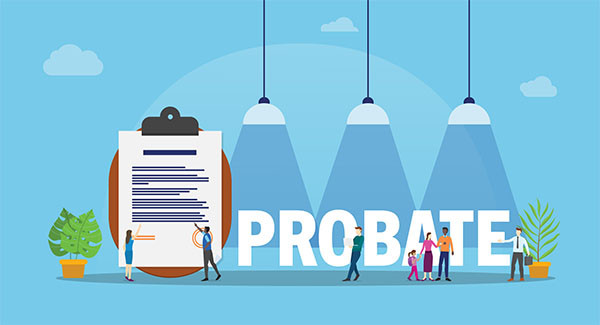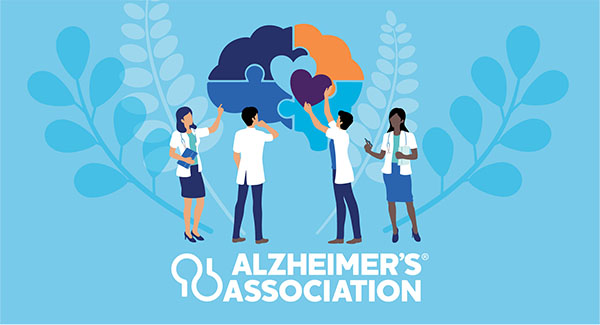If you’ve ever found yourself singing along to the radio, choosing a certain song on a streaming service (or jukebox), or even digging out an old record to relive some fond memories, you know the power of music. It can lift you up, take you to another place and time, or simply comfort you.
In honor of World Music Therapy Day, which is annually held on March 1, we wanted to explore the power of music and how it can help seniors, and especially those living with dementia or Alzheimer’s.
World Music Therapy Day was started by the World Federation of Music Therapy (WFMT) in 2016. The WFMT defines music therapy as the use of music and/or its musical elements by a qualified music therapist with a client or group.
WayForth is your trusted move professional. Our moving solutions offer concierge-level services tailored to your moving needs. Contact our team of experts today to help you with your move!
Reaching memories and emotions
Music therapy is used throughout the world for people of all ages, including those with Alzheimer’s, children who have autism and people experiencing depression. This is because music links to our hearing which stimulates our brain. This cognitive connection is a powerful tool to reach memories and emotions.
While working with seniors living with Alzheimer’s or another dementia disease, therapists often find that introducing music, especially from eras that are familiar to the patient, has a positive effect.
According to an article from the Alzheimer’s Association website, studies have shown that music reduces agitation or improves behavioral issues such as violent outbursts.
For people dealing with dementia or Alzheimer’s disease, music therapy can also help with other symptoms and make life a bit fuller. According to the American Music Therapy Association, music therapy is designed to:
- Help with anxiety and depression
- Unlock past memories
- Improve sleep patterns
- Manage pain
- Spark more frequent discussions
- Improve quality of life
- Increase bonding with caregivers
Families can join in
While music therapy is a recognized professional field to assist those living with Alzheimer’s and other dementia, caregivers and families can also use music as a bridge to their loved one.
The Alzheimer’s Association suggests playing music that connects to happier times. This can be anything that evokes a positive response because some people who have Alzheimer’s have much better recall of long-term memories.
Plan a “listening” visit and make it a special occasion with tunes and perhaps a snack, or even dancing. Finding certain music can be a family affair with grandchildren helping to source music through the Internet or helping to download the chosen songs.
Caregivers may also find music soothing whether they play it for their loved ones or use it during a particularly difficult day. Playing a favorite song can also be perfect for “down time” after visiting your family member.
Whether it’s rock and roll, classical, gospel, or country, discover how you can use music as a way to soothe and uplift loved ones – and yourself.
At WayForth, we take the stress off of individuals and families as they transition to a new community or home. This includes assisting people who may be experiencing Alzheimer’s or dementia. If you would like to talk to us about our services for seniors and families, contact us today.
Sources:
Nationaltoday.com/world-music-therapy-day/
Benjamin Rose Institute on Aging
ncbi.nlm.nih.gov/pmc/articles/PMC7248378/
alz.org






